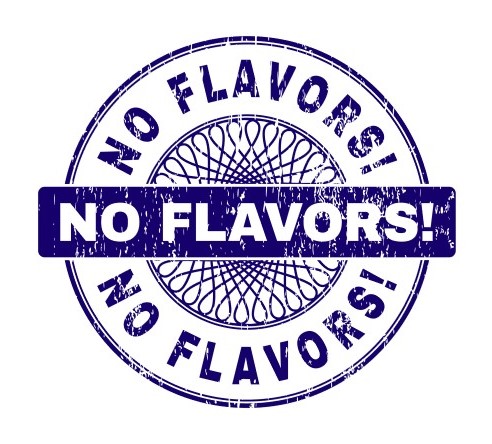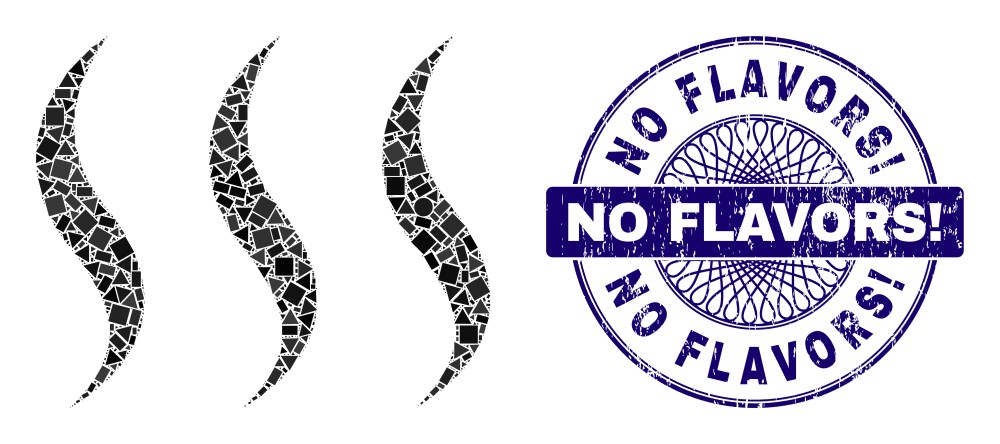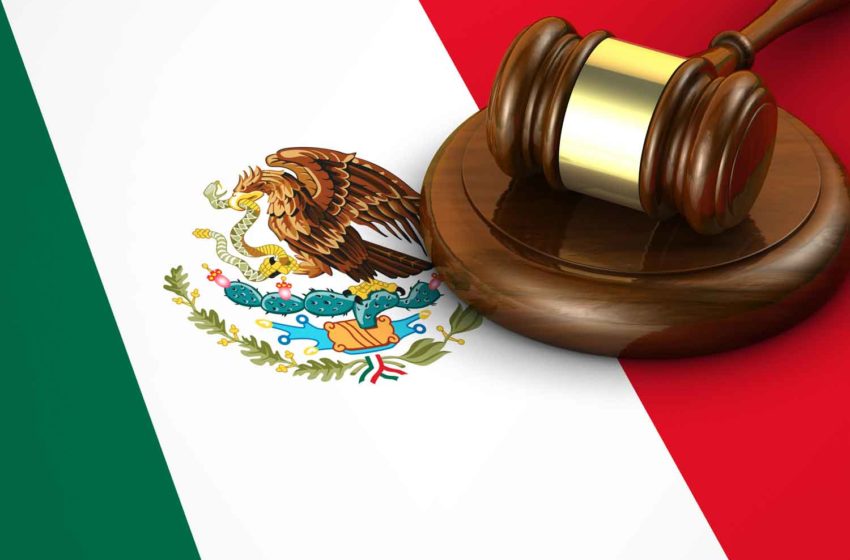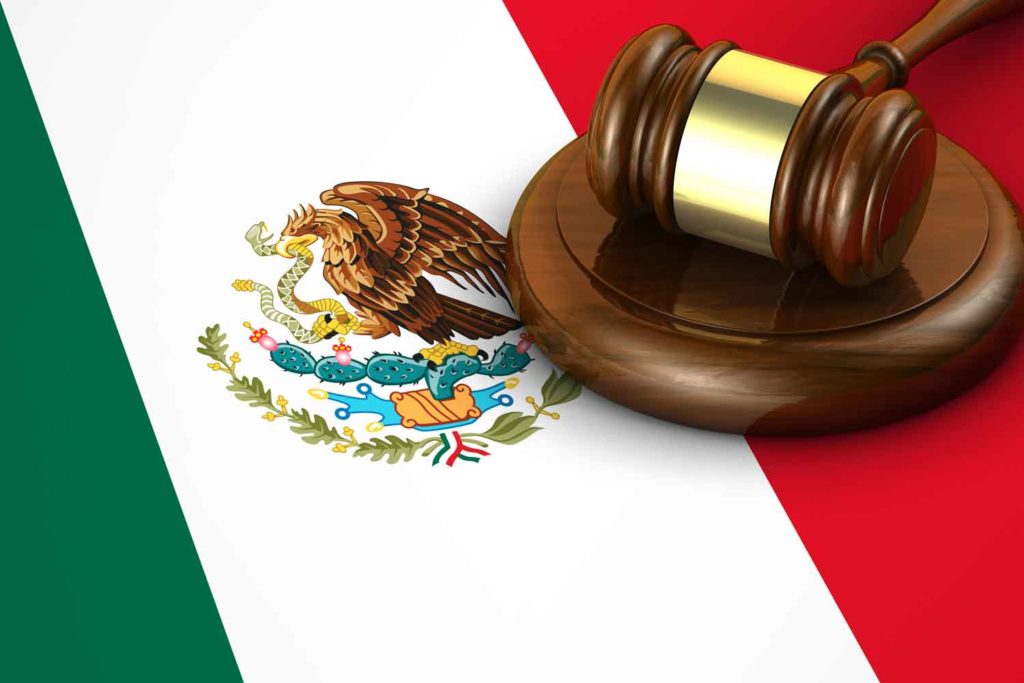
LieAnn Van-Tull, an associate with Keller and Heckman’s food and drug packaging and tobacco and e-vapor practice groups, was sworn in as president-elect of the Washington Bar Association (WBA) on June 1, 2022.
“I feel honored to have the opportunity to serve an organization that provides an avenue for attorneys to excel,” said Van-Tull. “I have enjoyed contributing to the WBA as secretary, former membership chair, and as an active committee member, and look forward to expanding my impact as president. In particular, I am eager to broaden the organization’s membership base, create new mentorship and leadership opportunities, and further its advocacy efforts for underrepresented members of the legal community.”
The WBA is the oldest and largest predominantly Black bar association in Washington, DC. Founded in 1925, the WBA consistent with the philosophy of Houstonian jurisprudence, is dedicated to improving and protecting the well-being of the legal profession and its members, advancing the science of jurisprudence and the administration of justice, and promoting diversity while preventing discrimination within the legal field.
“LieAnn exemplifies a commitment to legal excellence, community engagement and enhancing diversity in the legal profession,” said Cynthia Lieberman, the chair of Keller and Heckman’s diversity and inclusion committee. “We could not be more thrilled to see her elected to the Washington Bar Association’s executive leadership team.”
“LieAnn’s new position at the Washington Bar Association showcases her dedication to protecting equal justice under the law and inspires the firm in our own pursuit for increasing diversity in the workplace,” said Richard Mann, chair of Keller and Heckman’s management committee.
Van-Tull will assume the role of WBA president in June 2023 for the 2023-2024 bar year.





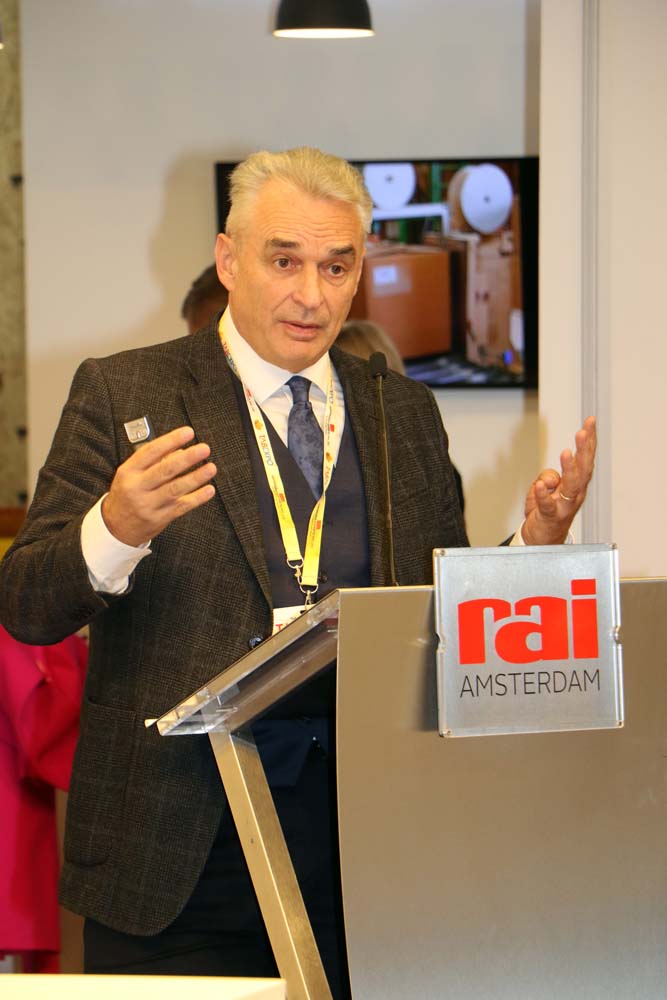



 A global audience, via multiple platforms, tuned into watch sCOPe’s two-day broadcast during the recent
A global audience, via multiple platforms, tuned into watch sCOPe’s two-day broadcast during the recent 
